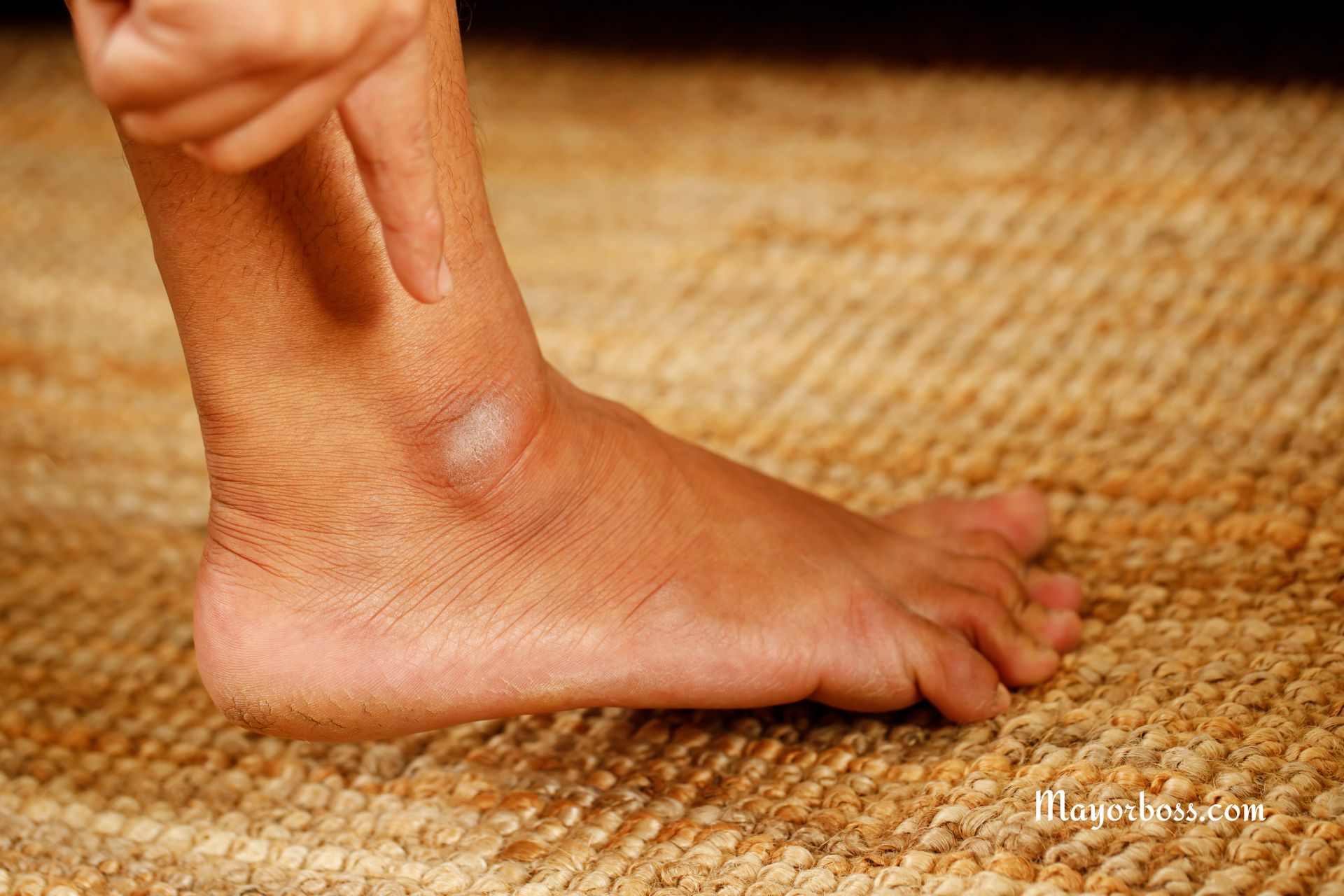How Much Should I Weigh for My Age and Height?
Wondering about the ideal weight for your age and height? This question often pops up when people think about their health or fitness. The answer isn’t one-size-fits-all. According to The Centers for Disease Control (CDC), various factors like muscle mass, body composition, and even your activities can influence what your ideal weight should be. We’ll explore different methods to determine your ideal weight, such as BMI, waist-to-hip ratio, and body fat percentage.

What is BMI and How Does it Help?
BMI, or Body Mass Index, is a calculation that uses your height and weight to estimate how much body fat you have. However, it’s important to note that while BMI can be a useful tool to assess whether you’re in a healthy weight range, it doesn’t directly measure body fat and is not a diagnostic tool. So, you could have a BMI in the “healthy” range but still have poor eating habits or low physical activity.
Calculating Your BMI
To calculate your BMI, you’ll need to divide your weight in kilograms by your height in meters squared. The formula looks like this:
BMI = body weight (in kg) ÷ height (in meters) squared
Interpreting Your BMI
Once you have your BMI, you can use it to determine your weight category. Generally, the categories are:
- Underweight: BMI < 18.5
- Normal weight: BMI 18.5–24.9
- Overweight: BMI 25–29.9
- Obesity I: BMI 30–34.9
- Obesity II: BMI 35–39.9
- Extreme Obesity: BMI ≥ 40
Waist-to-Hip Ratio: Another Measure
Another way to figure out whether you’re at a healthy weight is to look at your waist-to-hip ratio. This method is better for understanding the distribution of fat in your body.
How to Measure
To find your waist-to-hip ratio, you’ll need to divide your waist circumference by your hip circumference.
What it Means
A waist-to-hip ratio over 0.90 for men and over 0.85 for women signifies a higher risk of heart-related issues.
Body Fat Percentage: A Comprehensive Indicator
While BMI and waist-to-hip ratio can give you some insight, body fat percentage provides a more comprehensive look at your overall health. Body fat percentage takes into account muscle, bones, water, and organs, making it a more complete indicator of fitness.
How to Measure
You can measure body fat percentage through various methods such as skinfold measurements, bioelectrical impedance scales, and DEXA scans.
Ideal Ranges
- For men, a body fat percentage of 6-24% is generally considered healthy.
- For women, the range is typically 16-30%.
Factors That Influence Ideal Weight
Your ideal weight doesn’t solely depend on height and age; other variables come into play as well. For example, your level of physical activity, metabolic rate, and overall health condition can all affect what your ideal weight should be.
Physical Activity
More active individuals may weigh more due to higher muscle mass. Muscle weighs more than fat, so don’t be alarmed if you’re in good shape but don’t match the “ideal weight” according to BMI.
Metabolic Rate
Your metabolic rate, or how fast you burn calories at rest, can also impact your weight. A faster metabolism usually allows you more leeway in terms of eating calories without gaining weight.
Overall Health
Certain medical conditions can cause weight gain or weight loss. So, if you’re dealing with health issues like thyroid disorders or diabetes, consult a healthcare provider for a more personalized assessment.
Healthy Weight Ranges for Adults
Below is a table that provides general guidelines for healthy weight ranges based on age groups for both men and women. Note that these are approximate figures, and individual health cannot be determined by weight alone.
| Age Group | Height (ft) | Men (lbs) | Women (lbs) |
|---|---|---|---|
| 18-24 | 5.4-5.9 | 140-167 | 125-150 |
| 25-34 | 5.5-6.0 | 168-187 | 151-168 |
| 35-44 | 5.6-6.1 | 188-205 | 169-185 |
| 45-54 | 5.7-6.2 | 206-223 | 186-202 |
| 55-64 | 5.8-6.3 | 224-240 | 203-218 |
| 65+ | 5.9-6.4 | 241-258 | 219-235 |
Feel free to use this table as a general guide, but remember, several factors like muscle mass, activity level, and overall health can influence what your ideal weight should be
In Summary
Determining your ideal weight involves more than just looking at a chart. It takes into account various factors, including BMI, waist-to-hip ratio, and body fat percentage. While these tools can offer useful insights, they’re not definitive measures of health. Always consult with a healthcare provider for the most accurate health measures.






